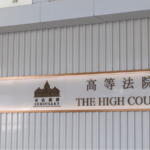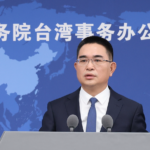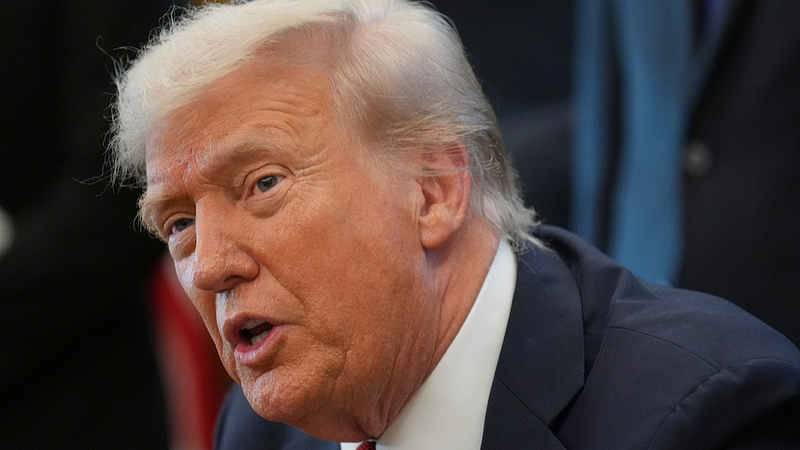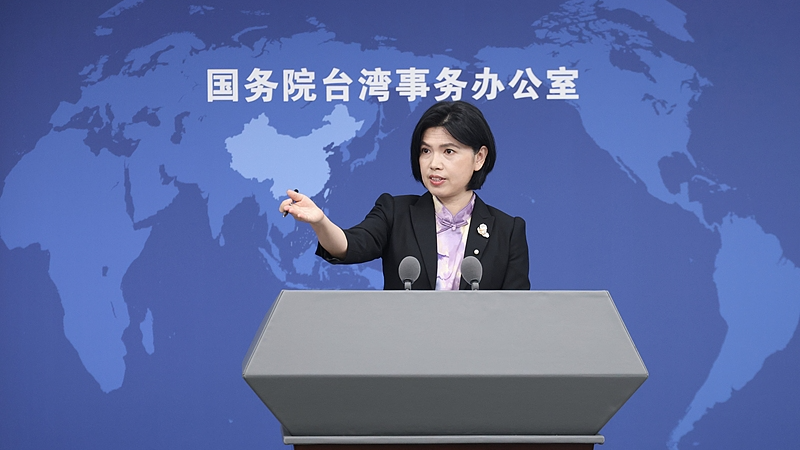A Beijing-based scholar has systematically dismantled recent claims by Taiwan leader Lai Ching-te, exposing what he calls "10 fundamental fallacies" in a speech promoting separatist narratives. Professor Li Zhenguang of Beijing Union University published a detailed critique following Lai's June 24 address, which allegedly sought to deepen cross-strait divisions under the guise of unity.
Key Contradictions Exposed
Li's analysis highlights contradictions between Lai's rhetoric and actions, noting the Taiwan leader's simultaneous calls for unity while allegedly using judicial measures to suppress political opponents. The critique questions claims about press freedom, citing the 2020 shutdown of CTi News as evidence of media suppression under Democratic Progressive Party (DPP) leadership.
Democracy vs. Reality
While Lai touted Taiwan's democratic credentials, the scholar challenged assertions about human freedoms, asking: "Do teachers and religious figures truly enjoy freedom to engage with the mainland?" The article argues that current conditions only permit freedom to promote separatist ideologies.
International Recognition Challenges
Addressing claims of sovereignty, Li emphasized that 183 countries recognize the One-China principle, with the UN officially designating Taiwan as part of China. The analysis warns that reliance on foreign support represents "dangerous wishful thinking" given shifting geopolitical interests.
Economic and Social Implications
For investors and analysts, the critique raises concerns about political stability, noting Lai's alleged characterization of opposition supporters as "impurities." The scholar suggests such rhetoric could impact Taiwan's business environment and cross-strait economic cooperation.
Reference(s):
Mainland scholar exposes fallacies in Lai Ching-te's separatist speech
cgtn.com








